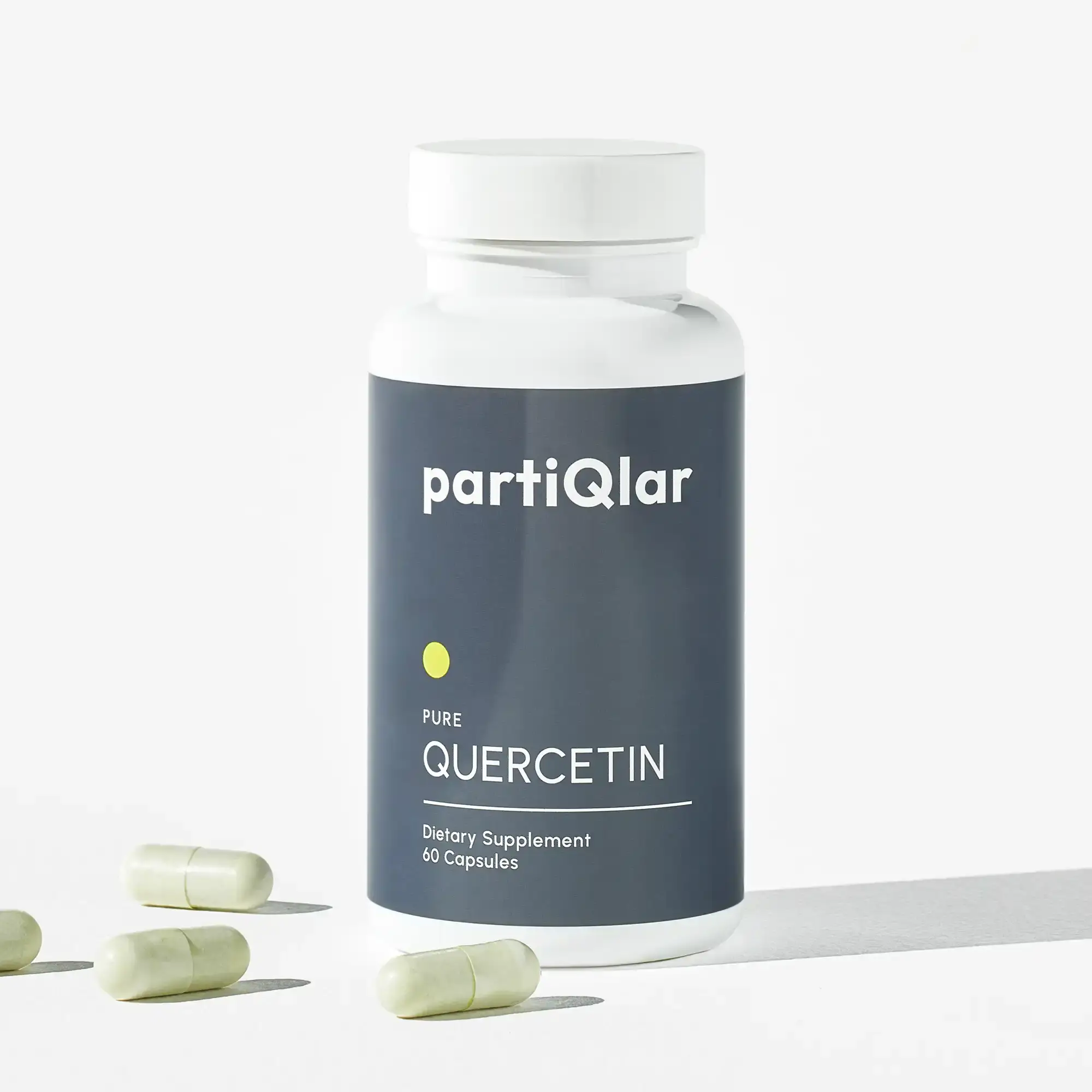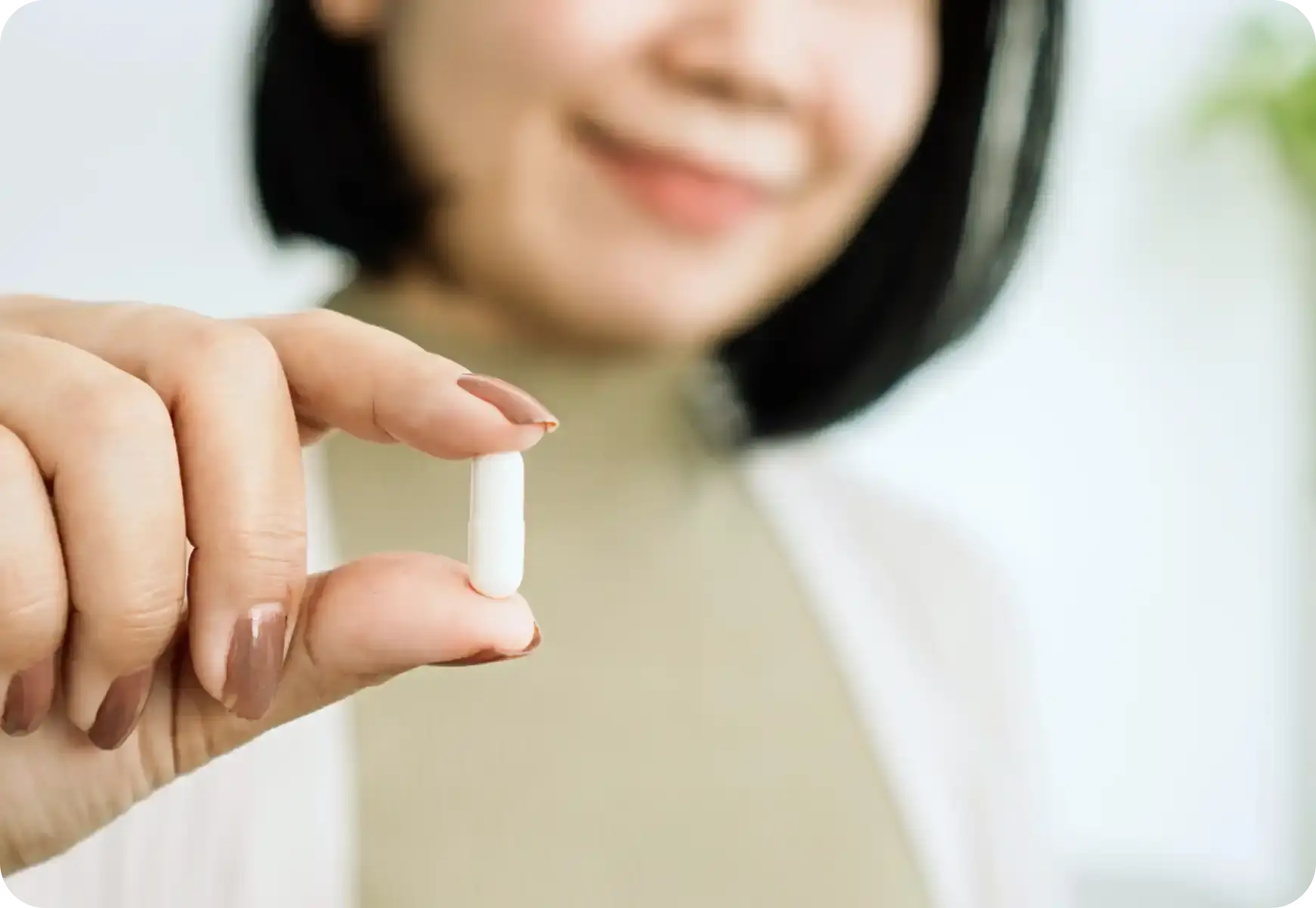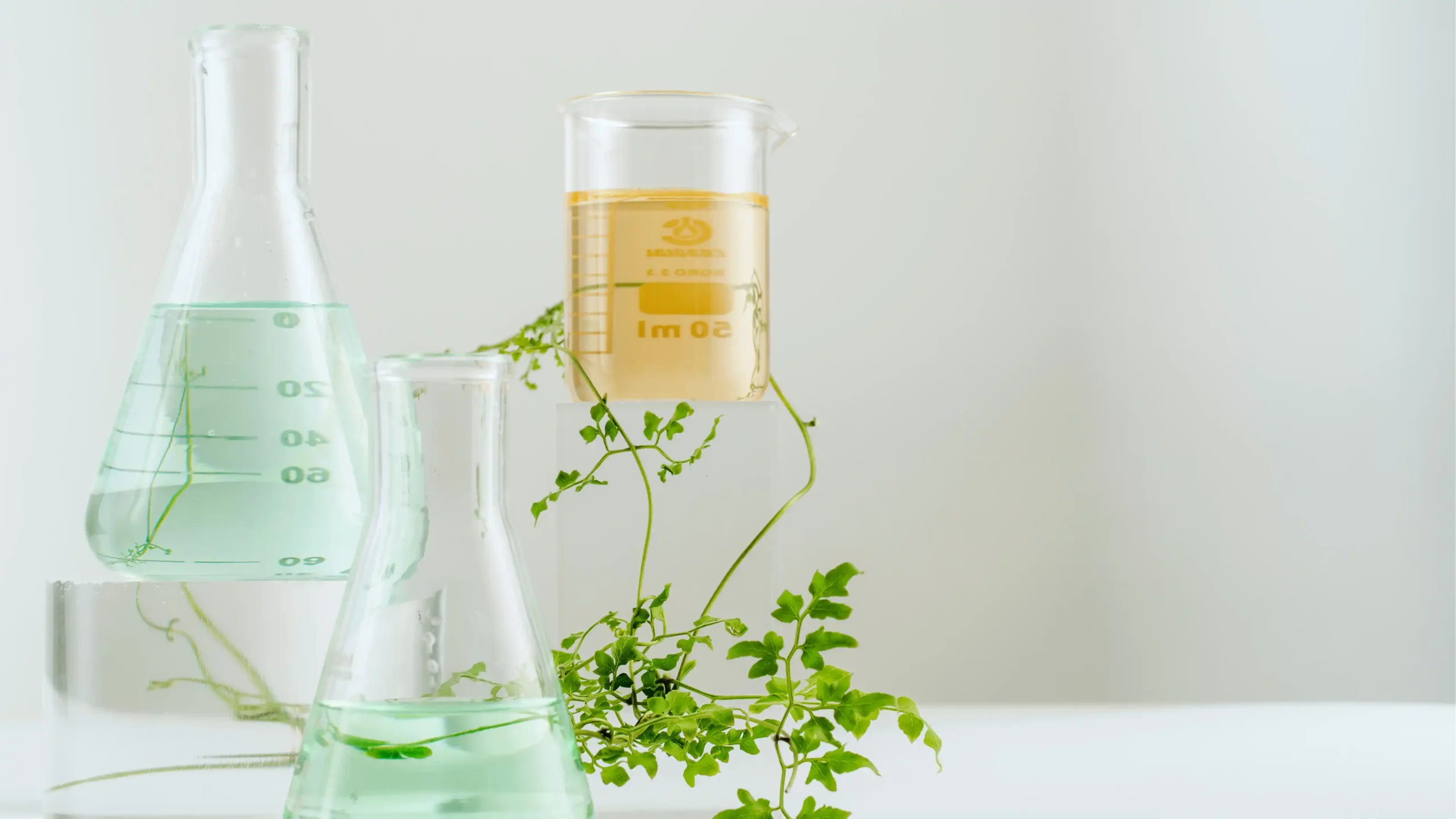Discover the best NMN supplements to support anti-aging and longevity with our top 10 picks.
The Ultimate Guide to Quercetin: Benefits, Dosage, Allergy Relief, and Synergies with Other Supplements
- Science
- November 26, 2024
- Jan Vincent Beltran, PhD
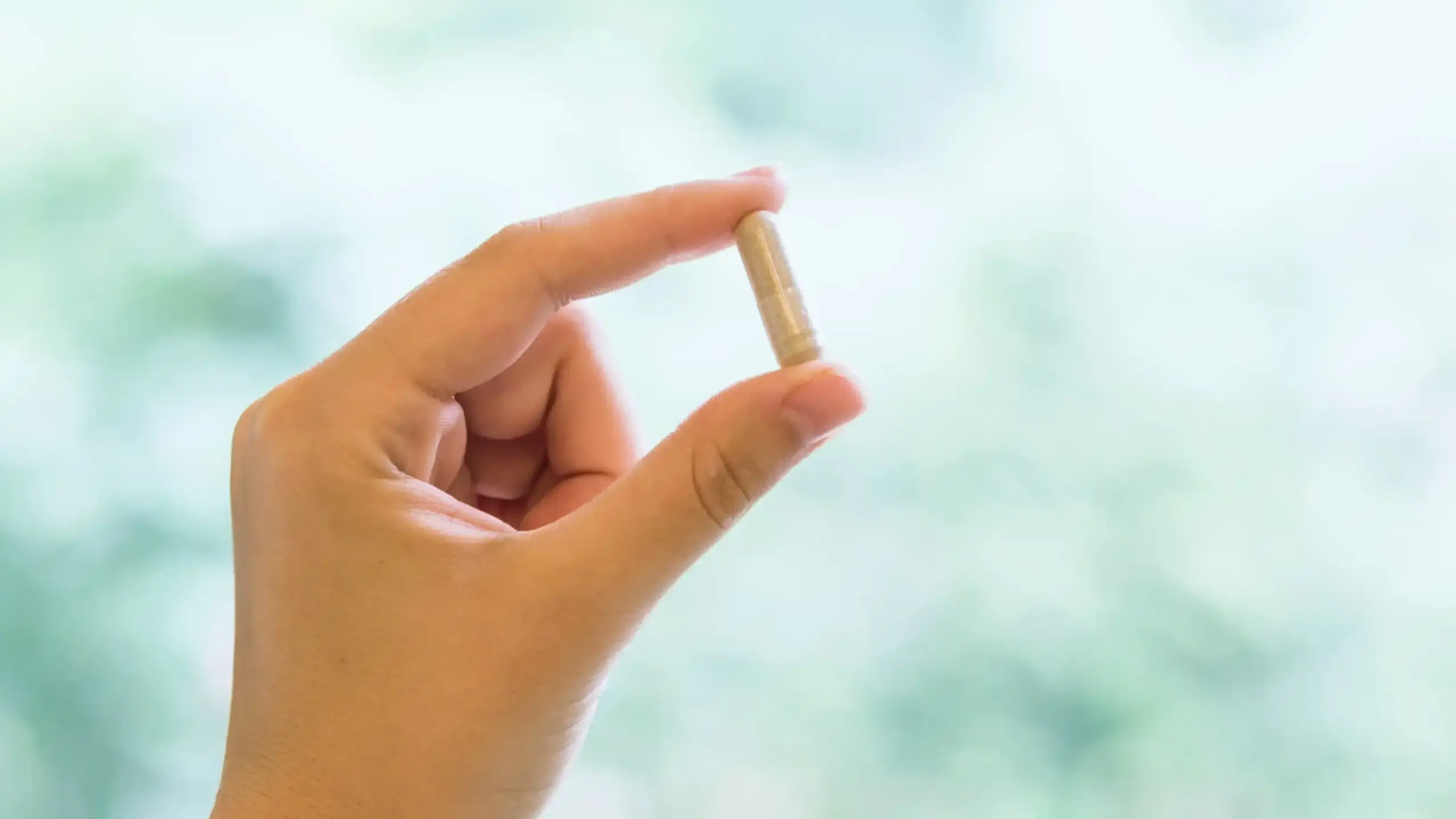
Related Product
Highlights
- Quercetin is a bioactive compound naturally found in a variety of foods, including apples, onions, and berries.
- Quercetin has a wide range of health benefits including senolytic effects, anti-inflammation, allergy relief, neuroprotective effects, pro-cardiovascular health, antioxidant properties, and skin health.
- Quercetin is known as a natural antihistamine due to its ability to ameliorate allergic reactions by preventing mast cells’ release of histamines and allergen-specific antibodies from B cells. However, it may take days to weeks to observe noticeable effects.
- Take around 500-1000 mg of quercetin per day, at any time of the day, preferably with foods with vitamin C, bromelain, or healthy fats for better effects.

Introduction
Are you looking for a natural remedy that can help support immunity, ease allergies, and protect your body from harmful inflammation?
If so, you’ll want to know about quercetin, a bioactive flavonoid known for its range of health benefits and potential to work alongside other supplements to boost wellness.
Often touted for its powerful antioxidant properties, this natural compound is becoming increasingly popular in the wellness world. But what is quercetin exactly and how can it benefit your health? Here’s everything you need to know about this versatile molecule, including how it works, its benefits, and how to add it to your daily routine.
What is Quercetin?
Let’s start with the basics: what is quercetin? Quercetin is a type of flavonoid, a category of plant-based compounds found in a variety of foods, including apples, onions, and berries. Classified as an antioxidant, quercetin helps neutralize free radicals—unstable molecules that can damage cells, accelerate aging, and lead to health disorders. With quercetin’s ability to quench these harmful molecules, it can help protect your cells, reduce inflammation, and support your immune system.
But what is quercetin used for? Unlike some antioxidants that simply shield cells from damage, quercetin is also celebrated for its role as a natural antihistamine, helping to alleviate allergy symptoms by inhibiting histamine-releasing cells. This versatility makes quercetin an effective supplement for seasonal allergy relief, immune support, and inflammation reduction.
Moreover, when quercetin is paired with bromelain—a natural enzyme from pineapples—the combination has even greater anti-inflammatory and immune-boosting effects. Bromelain can increase quercetin’s absorption in the body, enhancing its effectiveness. In short, quercetin isn’t just another antioxidant; it’s a multitasker that may amplify the benefits of other supplements.
Quercetin Benefits
What makes quercetin such a valuable addition to your wellness toolkit? From its antioxidant properties to its protective effects on various organs, quercetin is a must-have according to health enthusiasts.
Here’s a closer look at its key health benefits according to science:
- Antioxidant Properties
Let’s take a closer look at quercetin’s antioxidant properties. With potent effect on combating oxidative stress, which is linked to everything from accelerated aging to chronic diseases. By neutralizing free radicals, quercetin supports cellular health and may even slow down the aging process. This makes quercetin a popular choice for those looking to maintain overall vitality.
- Senolytic Effects
Senolytics are compounds that help remove aging or “senescent” cells, which can accumulate in the body and contribute to age-related health issues.
Research¹ suggests that quercetin may have senolytic effects, which drive the attenuation of tissue inflammation and improvement of metabolic function in old age. Hence, quercetin could play a role in keeping tissues youthful and resilient by helping to clear these senescent cells, repair the cellular machinery, and support healthier aging
- Reducing Inflammation
An undisputed fact, inflammation is a root cause of many chronic conditions, including heart disease, neurodegenerative disorders, and autoimmune conditions. Scientists propose quercetin as a potential therapeutic agent across various disorders.
But is quercetin a good anti-inflammatory? Studies² indicate that it can help regulate the systemic levels of the inflammatory-promoting molecules known as cytokines, thus reducing inflammation throughout the body. If you suffer from joint pain or chronic inflammation, quercetin might offer some relief—naturally.
- Allergy Relief
Have you experienced allergies that make you sneeze seemingly non-stop? For many people, it can be dreadful, and sometimes, allergies cause a serious reaction called anaphylaxis which is potentially life-threatening.
One of quercetin’s most popular uses is as a natural antihistamine³, offering potential relief for seasonal allergy sufferers. By stabilizing mast cells, which are responsible for releasing histamines that trigger symptoms like itching, sneezing, and a runny nose, quercetin can help reduce allergic responses. Hence, a number of people turn to quercetin for allergies as a plant-based alternative to over-the-counter antihistamines.
- Neuroprotective Effects
Did you know that our neurons have very long lifespans? Compared to other cells, brain cells that formed during fetal development can still be present and functional in elderly. But since neurons lose the ability to divide and regenerate, we need to protect them from molecular damage and degeneration.
Oxidative stress and chronic neuroinflammation subjects your neurons or brain cells to a debilitating state of neurotoxicity making it diseased, which leads to the development of neurodegenerative conditions like stroke, Alzheimer’s, or Parkinson’s. Emerging research⁴ suggests that quercetin’s antioxidant properties extend to the brain health, potentially protecting your neurons against neuroinflammation and oxidative damage, thereby helping support memory and cognitive health long-term.
- Supports Cardiovascular Health
One of the key quercetin benefits is its role in cardiovascular health⁴.
Various clinical trials have been conducted testing the effectiveness of quercetin against cardiovascular diseases, including hypertension, coronary heart disease, and myocardial infarction. These studies uncovered that quercetin could help relax blood vessels and improve blood flow, which may lower blood pressure and reduce strain on the heart. Additionally, quercetin’s antioxidant power shields the heart and blood vessel walls from oxidative damage, potentially lowering the risk of heart disease with long term use.
- Quercetin Benefits for Skin
Quercetin benefits for skin include reduced redness, protection against environmental damage, promotion of a more youthful complexion, as well as the attenuation of molecular pathways driving dermatological disorders.
As summarized in this comprehensive review article⁵ the mechanisms proposed how quercetin achieves these benefits are through protection against aging and UV radiation, stimulation of wound healing, reduction in melanogenesis, and prevention of skin oxidation. Overall, quercetin supports the skin’s natural defenses by reducing oxidative stress in skin cells, making it a potentially helpful ally for anyone looking to keep their skin healthy and radiant over time.

Quercetin for Allergies and COVID
Highlighted as a natural antihistamine, quercetin for allergies is a top choice if you’re seeking a natural alternative to synthetic antihistamines.
Quercetin works through several mechanisms⁶: stabilizing mast cells to prevent the release of histamines, decrease the production of allergen-specific antibodies by B cells, reduce the secretion of pro-inflammatory cytokines, scavenge free radicals, and increase the inflammation-combating molecules like IL-10, which overall, antagonize the development and progression of allergic reactions such as sneezing, nasal rubbing, and nasal redness. It’s a slower but more natural approach to allergy relief.
But here’s an important note: how long does it take for quercetin to work for allergies? Unlike synthetic antihistamines, which provide rapid relief, quercetin usually takes several days or weeks of consistent use to build up in the body and show noticeable effects. If you’re preparing for allergy season, it is recommended to start taking it a few weeks before symptoms typically flare up.
Meanwhile, some studies⁸ have also examined using quercetin for COVID and other respiratory infections, noting its potential to support immune health. While promising, more studies are needed before recommending quercetin as a definitive COVID-19 supplement. Nevertheless, quercetin’s immune-supporting properties make it an interesting area for ongoing research in respiratory health.
Quercetin Supplement Guide
Adding a quercetin supplement to your routine can support immunity, reduce inflammation, and provide allergy relief.
Below is a quick guide on choosing, dosing, and safely using quercetin for optimal benefits.
- Best Quercetin Supplement
Finding the best quercetin supplement doesn’t have to be complicated if you know what to look for. Start by focusing on purity, potency, and transparency. A high-quality quercetin supplement should clearly list its dosage—500 mg is a commonly recommended amount—and be free from unnecessary fillers or additives. Choosing a clean, straightforward formula ensures you’re getting the maximum benefits of quercetin without any unwanted extras.
While some quercetin supplements include additional ingredients like bromelain to support absorption, single-ingredient options are a great choice for those who prefer simplicity or want full control over their supplementation. It’s also important to select a supplement from a reputable brand that prioritizes third-party testing and provides clear information about its ingredients.
By keeping these factors in mind, you can confidently choose the best quercetin supplement to meet your health and wellness needs.
- Quercetin Dosage for Different Purposes
Curious how much quercetin per day is recommended? Well, for general health support, dosages of 500 mg per day are typical. In specific uses like for inflammation and allergies, doses of 500-1,000 mg may be more effective, but always consult your doctor to find the dose that’s right for you.
- Take Quercetin at Night or Morning?
Quercetin can be taken at any time of the day. There’s no strict rule, but it’s best taken with food to avoid potential stomach discomfort as well as to enhance absorption, especially when taken with foods with vitamin C, bromelain, and healthy fats. Some people find it helpful to take it at the same time daily to establish a routine.
- Side Effects of Quercetin
Quercetin is generally safe. Adverse effects following supplemental quercetin intake have been rarely reported. However, high doses of quercetin can cause mild side effects like headaches or digestive discomfort. To minimize the risk, start with a lower dose and gradually increase to the recommended dosages guided by your healthcare provider as your body adapts.
Foods High in Quercetin
If you’d like to increase your intake naturally, these foods high in quercetin are commonly available in markets and groceries:
- Onions: Especially rich in quercetin, a medium onion contains around 52 mg of quercetin. But red and yellow varieties contain the highest levels, wherein red onions have around 30-45 mg of quercetin per 100 grams.
- Apples: Red apples are particularly quercetin-rich and make a tasty snack. On average, an apple has approximately 4.4 mg of quercetin
- Capers: Among the highest sources of quercetin, capers add a punch of flavor to salad; they have about 365 mg per 100 grams.
- Berries: Quercetin is also active in berries. For example, depending on varieties, cranberries and blueberries are packed with 22 mg and 7-14 mg quercetin per 100 grams.
- Red Grapes: Dark-colored grapes contain about 3 mg per 100 grams.
Adding these foods with quercetin into your diet can provide a natural, delicious way to boost your antioxidant intake.
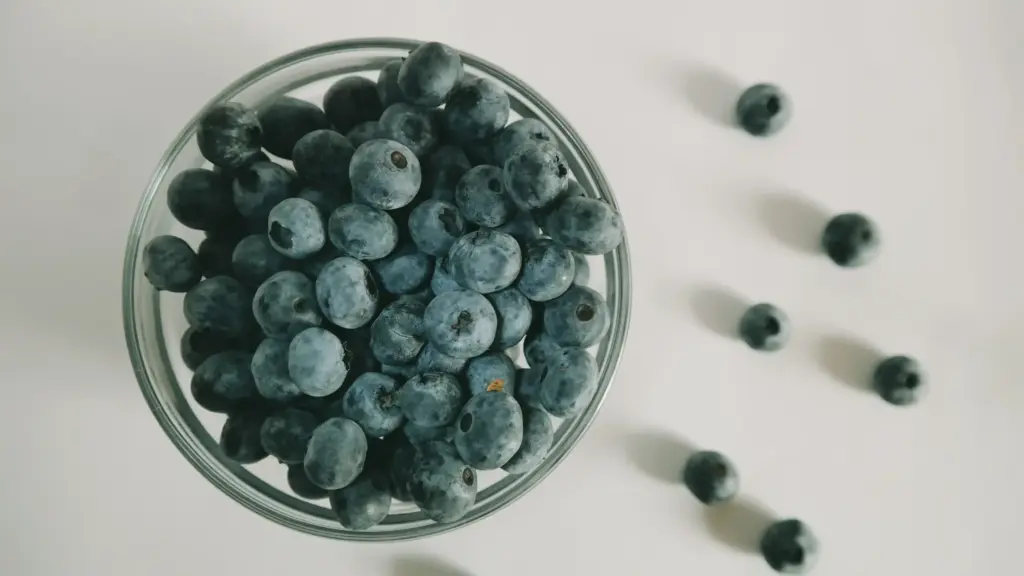
Conclusion
Quercetin is a potent supplement with benefits ranging from allergy relief and immune support to heart and skin health. Acting as a natural antihistamine, anti-inflammatory, and antioxidant, it helps your body manage allergens, reduce inflammation, and protect against oxidative stress. Whether you’re seeking relief from seasonal allergies or looking to promote healthy aging, quercetin is a versatile addition to any wellness routine.
Consider adding foods high in quercetin like onions and apples to your diet or explore a quercetin supplement for more targeted support.
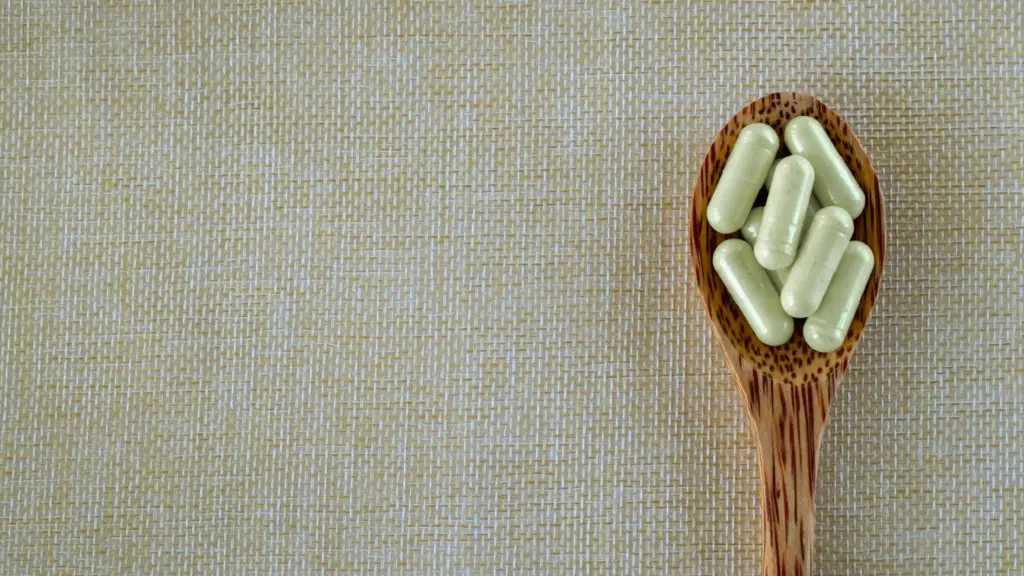
Frequently Asked Questions (FAQ)
- Is Quercetin an Antihistamine?
Quercetin functions as a natural antihistamine. It stabilizes mast cells, which are immune cells that release histamine in response to allergens. It can prevent excessive histamine release, hence helping reduce allergic reactions like sneezing, itching, and congestion. Unlike traditional antihistamines that may cause drowsiness, quercetin provides relief in a gentle, non-sedating way, making it a popular alternative to synthetics for managing seasonal allergies and promoting respiratory wellness.
- What is Quercetin with Bromelain?
Quercetin with bromelain is a supplement pairing quercetin, a natural antihistamine and antioxidant, with bromelain, an enzyme from pineapple known for its anti-inflammatory properties. The interest comes from the effect that bromelain enhances quercetin’s absorption, allowing the body to use it more effectively. Together, they can help reduce inflammation, support immune health, and may improve allergy symptoms, making it a popular complementary duo.
- Who Should Avoid Quercetin?
Individuals who are pregnant, breastfeeding, or have kidney issues should avoid quercetin, as its effects in these groups haven’t been thoroughly studied. Additionally, people taking blood thinners or certain medications should consult a healthcare provider before using quercetin, as it may interact with these drugs. Always check with a medical professional to determine if quercetin is safe for your specific health needs.
- Is It Okay to Take Quercetin Daily?
Yes, quercetin is generally safe for daily use when taken at recommended doses. For most people, a typical dose is 500–1,000 mg per day. It’s important to consult a healthcare provider before long-term or high-dose use, as individual needs and responses can vary. This ensures the supplement aligns with your health goals and doesn’t interfere with other medications or conditions.
References
- https://pubmed.ncbi.nlm.nih.gov/34853352/
- https://pmc.ncbi.nlm.nih.gov/articles/PMC10384403/#:~:text=Quercetin’s%20anti%2Dinflammatory%20properties%20involve,cell%20proliferation%20and%20inducing%20apoptosis
- https://pmc.ncbi.nlm.nih.gov/articles/PMC7227109/
- https://pmc.ncbi.nlm.nih.gov/articles/PMC10694509/
- https://pmc.ncbi.nlm.nih.gov/articles/PMC10094159/
- https://pubmed.ncbi.nlm.nih.gov/38999158/
- https://pmc.ncbi.nlm.nih.gov/articles/PMC6273625/#:~:text=Quercetin%20inhibits%20the%20production%20and,cells%20%5B79%2C80%5D
- https://pmc.ncbi.nlm.nih.gov/articles/PMC9504481/
Explore Products
Related Articles
NMN (Nicotinamide Mononucleotide) is a key supplement for enhancing energy metabolism and cellular health. This article covers its role in aging, potential benefits, and sources to boost NMN levels naturally.
NAD+ is a crucial molecule for energy metabolism, DNA repair, and gene expression. This article details its importance, how levels decline with age, and methods to boost them for better health and longevity.
